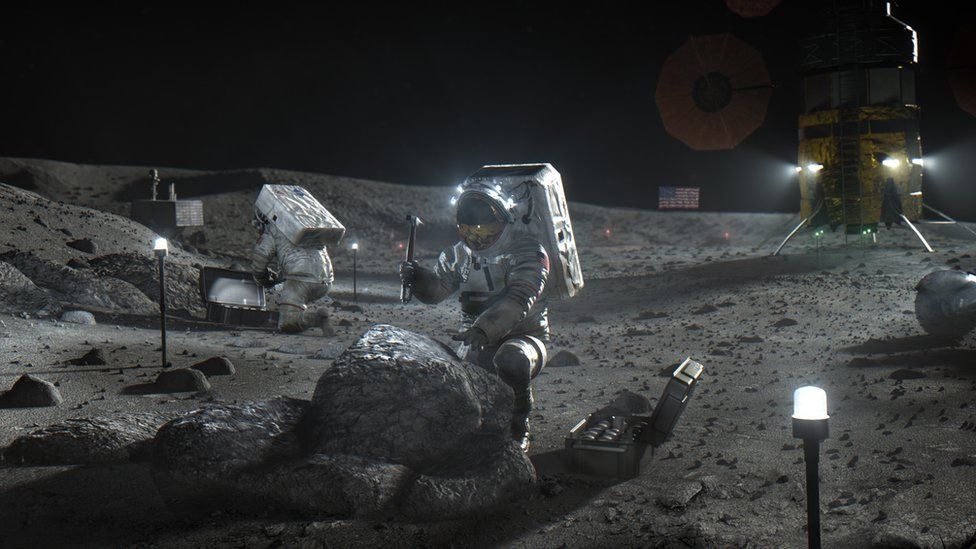
I have it bad for la chica bonita. Go
figure. I live in Minnesota. I’m as Nordic as Nordic gets. I come from
that ancient genetic factory somewhere north of Oslo that makes ‘em
tall, broad, and strawberry-blonde, with a beard you could hide a
battle-axe in. In school they called me ‘Harald the Red.’
Yeah, that’s right, with two a’s and no o. My dad is a history buff.
He shook the name out of our family tree somewhere. It last belonged to
my great, great, great— somebody.
So why is it that Nordic blond women do nothing for me? You could
pull me through all of time and space and set me up on a hot date with
Elke Sommer or Ursula Andress at her absolute peak…
And somewhere, something ancient deep inside my brain would say, “Eh.
I knew your mother. I knew your grandmother. I knew all your
foremothers back to the dawn of our race, and frankly, they were all a
bunch of depressed neurotics.”
But introduce me to some dulce little chica—let her bat those big
brown eyes at me, or wiggle her cute little butt in my general
direction. Show me two minutes of Salma Hayek doing her snake-dance
thing in From Dusk ‘Til Dawn…
Woof.
Anyway, that’s my theory. My Norsemen ancestors didn’t go viking for
the plunder. They went viking to get away from Norse women. So when
my favorite coffee shop hired a new waitress, and she turned out to be
5-foot-1 of dark-haired, dark-eyed, brown-skinned chicana beauty, I was
instantly, hopelessly, smitten.
Yeah, Harald the Red, the mighty Viking. It took me three weeks to
work up the nerve to ask her out. Another three weeks to get her to say
‘yes.’
And that’s when she popped her little surprise. “Harald,” she said,
“you’re a sweet guy. But there’s something you really need to know about
me, first.”
I shrugged. “You’re, uh, undocumented?”
“No, not that. I mean, yes, I am, but—well, if you really are serious
about going out on a date with me, there’s somewhere else you need to
go with me, first.”
And that’s how we wound up driving through Lowertown, just after dark
on a Saturday evening. I thought it was some kind of joke or test, at
first. The junkies, the winos; the gang tags spray-painted everywhere.
“That’s where we’re going,” she said, pointing.
“You’re kidding,” I said. I craned my neck to look at the name carved
in the marble over the entryway. “The Rampant Loon Media Building? What
on earth possessed them to locate their business here?”
“They got a great tax break from the city.”
So I found a place to park the pickup truck, and we got out and took
the sidewalk to the main entrance, stepping over the sleeping bums and
the puddles of I don’t want to know what and walking past a dark alley
entrance that brought all my willies and cold shivers out to dance in a
conga line on the back of my neck. But we made it into the lobby okay,
got waved past by the security guard, and took the elevator to the 13th
floor.
Where we walked into a meeting. Huh. This was something I’d never
heard of before: Were-Creatures Anonymous. It was some kind of demented
variation on a twelve-step program for people who thought they were—
Well, as my adorable little chica put it, “Hi. My name is Tina, and I’m a were-jaguar.”
Actually, for a bunch of people who were clinically nuts, they
weren’t half-bad. They were for the most part calm, sober, and
pleasant—except for this Scott guy, who reminded me of a used-car
salesman and left me with a deep desire to wash my hand after he shook
it. Everyone there accepted that I wasn’t one of them but was only there
to support Tina, and they congratulated me on my open-mindedness and
all that; it was pretty embarrassing, actually. But we got through the
coffee hour okay, and sweet little Tina really seemed to be warming up
to me. She kissed me in the elevator, and held my hand and cuddled up to
my side as we left the building and walked back to where I’d parked my
truck. As we passed that dark alley entrance that had given me the
willies so badly on our way in, three young thugs stepped out of the
shadows. I saw the flash of a knife blade.
And then my world turned red.
¤
The next thing I knew, I was waking up naked in a strange bed and my
left arm was numb. I turned my head, saw that the naked woman laying on
my left arm was Tina, and from that made the leap to guessing that this
was her apartment. I sure hoped the bedroom was always this much of a
mess.
I must have made some sound or somehow disturbed her. She slowly
opened those beautiful big brown eyes, and then just as slowly eased
into the most amazingly satiated smile and snuggled in closer.
“Darling,” she whispered, “why didn’t you tell me? Madre di Dios, you were magnificent! So strong! So fierce! So…insatiable!”
She bit my earlobe, gently, kissed her way down my neck, and then
worked her way back up to my ear again. “Why didn’t you trust me? Why
didn’t you tell the group that you’re—you’re—” She tched. “Were-bear seems such an inadequate name.”
“Because it is, and I’m not,” I said. “The correct term is bearserkr.”
“Whatever.” She kissed my neck again, harder and more insistent this time. “Whatever it is, you were unforgettable last night!”
That’s when I finally reached across with my other arm, and pulled
her on top of me, and kissed her on the forehead and held her tight.
And stared at the ceiling, and let my anger soar up to the sky. Yeah. Unforgettable.
Damn you, Odin, and damn your thousand-year curse! They all say that! But just once, would it be too much to let me remember?
_________________________
BRUCE BETHKE is best known for either his genre-naming 1980 short story, “Cyberpunk,” his Philip K. Dick Award-winning 1995 novel,
Headcrash, or lately, as the editor and publisher of
Stupefying Stories.
What very few readers have known about him until recently is that he
actually started out in the music industry, as a member of the design
team that developed MIDI and the Finale music notation
engine (among other things), but finished his career in the supercomputer
industry, doing stuff that is absolutely fascinating to do but almost
impossible to explain to anyone not already fluent in Old High Unix and well-versed in massively
parallel processor architectures, Fourier transformations, and
computational fluid dynamics.
In his copious spare time he runs Rampant Loon Press, just for the fun of it.
ABOUT THIS STORY: “First Date” was originally written for Curse of the Were-Weasel, on online multi-author multi-character multi-threaded role-playing narrative that was more conceptual art than coherent fiction. That it appears here today is because it was on the old SHOWCASE site, and it came up in the context of the conversation that began when Bruce said “No more multipart stories” in yesterday’s post and Pete Wood panicked because both Tales from The Brahma (season 2) and The Odin Chronicles (season 2) are currently in development. Bruce will have lots more to say about Curse of the Were-Weasel—but not today.











































